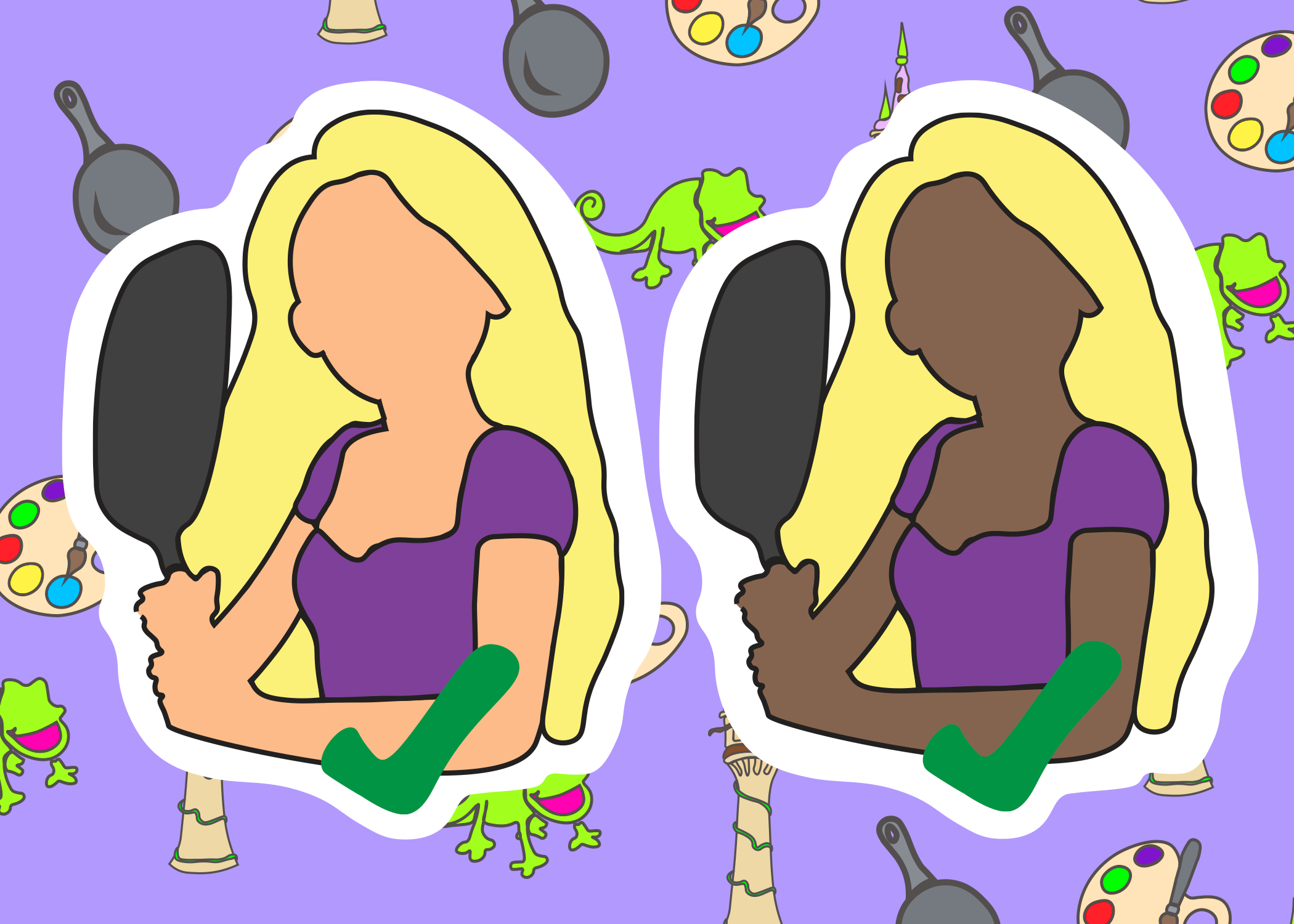[Opinion] There is unnecessary stigma around romance novels
The romance genre has been degraded for at least a century resulting in a long lasting stigma.
April 21, 2022
The romance novel genre has a reputation for being trashy, overly sexual, and misogynistic by making the women seem meek and shy, needing a man to fend for them. This can be true for many romance novels, especially the cheesy-looking ones with shirtless men on the covers and pure misogyny on the inside. The ones where there is a damsel in distress and a big brave man comes to save the day with no more than a twitch of a muscle.
As expected, it is followed by overly explicit and raunchy sex scenes. This is what most people think when they picture a romance novel. When in reality it is only one trope, an occurring theme throughout the book in the romance genre.
The romance genre has been ridiculed by society for the past 100 years, starting with early reviews stating that Jane Austen and the Brontë Sisters’ works were not “actual” literature when they grew to popularity in the early 1930s. They still receive minimal respect in both the publishing industry and in society.
The romance genre is not limited to books with half-naked men on the covers or women in regency gowns with a basic storyline on the inside. In the past five years, contemporary romance, which is a mix of both new adult and young adult aspects has become the most sought out sub-genre for many readers.
Books like ‘The Ex Hex’ by Erin Sterling, a modern magical realism story with witches, curses, familial bonds, and traditions that go back hundreds of years. Second chance romances have recently become a hit for readers. The witchcraft in this book is very subtle and gives the same “vibe” as Hallmark’s “The Good Witch” series and movie franchise. It is a twist on the classic girl meets boy, they break up and reconnect trope.
Another popular romance book is ‘The Love Hypothesis’ by Ali Hazelwood. The book has women in stem with the entire book revolving around a scientist and their studies, feminism, especially in a male-dominated field and what women go through and the extra struggles that they have, and enemies to lovers between a PhD student and a professor (he is not her professor) and fake dating all to cover up a lie.
The damsel in distress trope is no longer popular and the trend has faded out with the rise in feminism and female empowerment. This makes readers feel more comfortable and confident in what they are reading.
“…romance novels are deeply dangerous: addictive, mood- and mind-altering, adultery-inducing distractions that make it impossible for women to put down their books and start worshiping their real husbands,” The New Yorker writer Elizabeth Minkel said when discussing the effects of romance novels on consumers.
Not only is this misogynistic and uncomfortable to read, but it is also blatantly incorrect and pushes a false narrative. Romance is not going to make women stray from their partners and look for satisfaction elsewhere.
It is easy to bash or look down upon something when both men and women have been told from an early age to dislike and look down upon but that should not be the case with romance books. Hatred, shame and disgust should not infiltrate people’s reading preferences and niches. No one should feel shame about what they want to read no matter the contents of the book.













